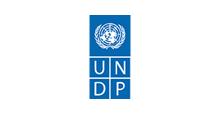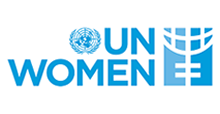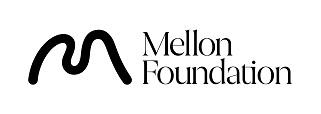
The international conference on "Archiving Memory and Method from the Global South," held from October 17-19, 2024, at Makerere University, concluded with a call for African governments to enact policies on archiving and integrate archival education into school curricula. The event gathered global scholars, archivists, and cultural heritage professionals to reflect on the evolving methods and challenges of memory preservation in the Global South.
In addition to advocating for reforms in educational institutions, scholars were urged to pay attention to post-independence archives and minority languages as valuable sources of information, rather than solely focusing on colonial archives. Researchers were encouraged to view archives not as static collections but as living entities that evolve over time, subject to the biases and limitations of their creators. They emphasized the importance of utilizing various sources and triangulating evidence for accurate interpretation.
During his keynote address on "Archiving Memory, Method from the Global South," Prof. David Luyombya underscored the value of archives as custodians of collective memory. He highlighted their role in shaping our understanding of the past and influencing future generations. "It is our collective responsibility—scholars, archivists, institutions, and governments alike—to ensure that these memories are preserved with care, integrity, and accessibility," he stated.
Prof. Luyombya questioned the fundamental understanding of memory and its preservation, asking, “What is memory? Where is it located? Who is responsible for preserving it?” He described memory as the foundation of institutional and cultural identity, crucial not only for understanding the past but also for shaping future trajectories. He emphasized that memory, through rituals, oral traditions, written records, or digital archives, forms the bedrock of society’s collective knowledge.









